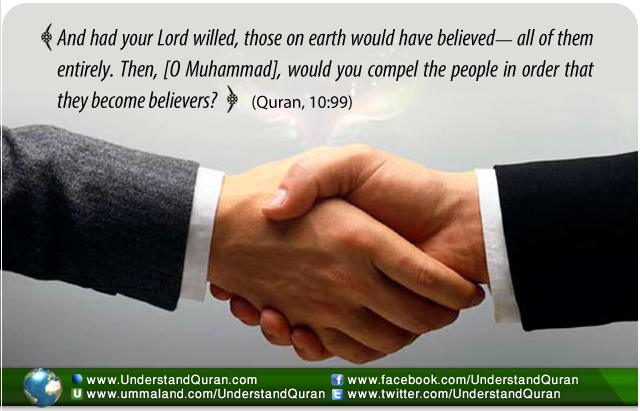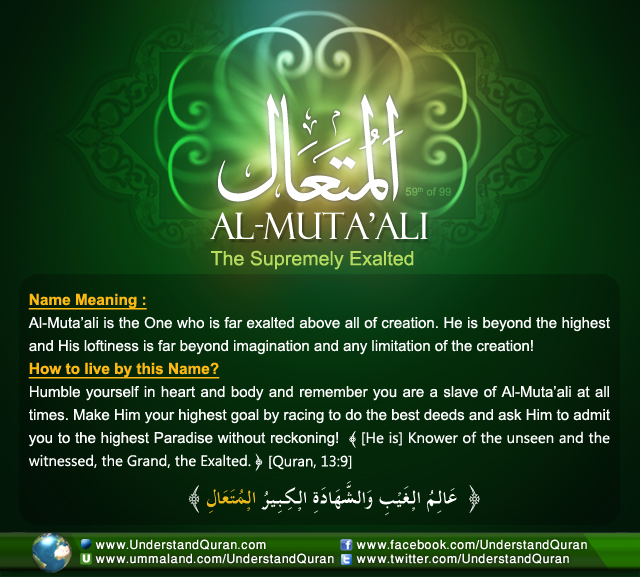by Amani Iqbal
(read the first part of this article here)
Surat Al-Furqan, Verse 67: . . . And those who, when they spend, are neither prodigal nor grudging; and there is ever a firm station between the two . . .
Surat Al-Furqan, Verse 68: . . . And those who cry not unto any other god along with Allah, nor take the life which Allah hath forbidden save in (course of) justice, nor commit adultery – and whoso doeth this shall pay the penalty.
Surat Al-Furqan, Verse 69: The doom will be doubled for him on the Day of Resurrection, and he will abide therein disdained forever . . .
Shirk, Murder, and Zina
The above three verses talk about three categories of people– those who associate partners with Allah, those who commit murder, and those who involve themselves in zina.
These three acts are so grave that when a Muslim does one of them they are punished twice as much, and shirk is so grave that it puts you outside the fold of Islam!
In today’s times, shirk can come in many forms– from following and worshipping priests and imams to something as simple as reading the horoscope section in the newspaper! So we must be very careful to not even go close to any forms of shirk and to always turn to the Quran, authentic hadith, and sunnah when in doubt. Therefore, avoiding these acts with the utmost sincerity would indeed qualify us to be among the ibaad-ur-Rahman, inshallah!
Repentance
Surat Al-Furqan, Verse 70: . . . Save him who repenteth and believeth and doth righteous work; as for such, Allah will change their evil deeds to good deeds. Allah is ever Forgiving, Merciful.
Surat Al-Furqan, Verse 71: . . . And whosoever repenteth and doeth good, he verily repenteth toward Allah with true repentance.
These verses tell as that when we commit a sin and then engage in istighfaar (asking Allah for forgiveness) and tawbah (repenting and returning to Allah and promising never to do it again), Allah forgives and converts those sins into good deeds!
We must always remember, when we realize that a sin we have committed is a grave mistake, that realization in itself is beloved to Allah, and Allah forgives. However, when we commit even major sins without even batting an eyelash, that is when we are in grave danger of earning the wrath of Allah.
So regardless of whether a sin is big or small, we must always remember to turn to Allah and ask His forgiveness. The best dua for this is: Allahumma innaka afuwwun tuhibbul afwa fa afwannee— “O Allah, indeed you love to forgive, so forgive me!”
The Importance of Dignity
Surat Al-Furqan, Verse 72: And those who will not witness vanity, but when they pass near senseless play, pass by with dignity . . .
This aayah also refers to a category of people who encourage good and forbid evil. This includes people who never seek useless or bad company and when they do, either try to influence those people in a good way or leave it altogether in a dignified way.
Those Who Ponder the Quran
Surat Al-Furqan, Verse 73: . . . And those who, when they are reminded of the revelations of their Lord, fall not deaf and blind thereat.
An important category of people are those who ponder the verses of the Quran when they read or hear them. How many of us actually do this? How many of us read the Quran in Arabic but don’t look at its meaning in English? Or who listen to an inspirational lecture but don’t actually implement it? Isn’t that us being mute, deaf, and blind to the words of Allah? Subhanallah! We need to be careful to not just pay lip service to the Quran but also to read and follow it in our daily lives. It is not just a book– it is a way of life!
Sabr in Dunya
Surat Al-Furqan, Verse 74: And who say: Our Lord! Vouchsafe us comfort of our wives and of our offspring, and make us patterns for (all) those who ward off (evil).
Rabbana hablana min azwaajina wa dhurriyaatina qurrata a’yoon wa ja’alna lil muttaqeena imaama.
This is the transliteration of the above ayah; it is an extremely powerful dua and one highly recommended by many scholars, to be said even in sujood and many times during the day as it helps keep the family unit in peace and harmony, fills the home with love, and keeps Shaytaan away!
Surat Al-Furqan, Verse 75: They will be awarded the high place forasmuch as they were steadfast, and they will meet therein with welcome and the ward of peace . . .
Surat Al-Furqan, Verse 76: . . . Abiding there for ever. Happy is it as abode and station!
So to summarize, the people who fall into the categories mentioned above are most beloved and dearest to Allah and terms as ibaad-ur-Rahmaan. They are the ones to whom Allah will give high places in Jannah because of their sabr in dunya.
Sabr in this context refers to steadfastness, consistency, and patience in achieving the above qualities and moreover making the conscious decision to make these qualities a lifestyle choice for the rest of your life!
So let us ponder and reflect on these verses over and over so we can give Allah at least one reason to call us abd-ur-Rahmaan, inshallah!





























